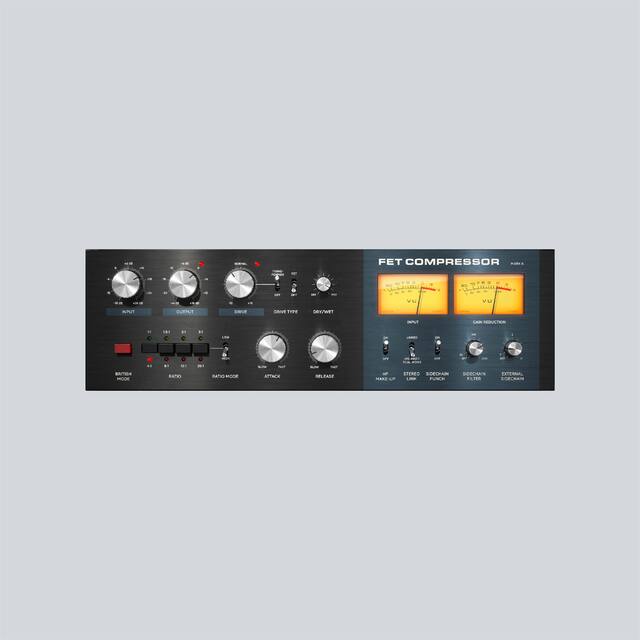I use a lot of my own DSP. Which after seeing the level of unseriousness in the DSP and mastering environment, makes a lot of sense.
On KvR people slandered me because I did not support their gayactivism. That was their qualifier, not if one had optimal algorithms or not.
Mastering-engineers on Gearslutz talk about analog, and try to ridicule “the guy with the plugins”, and claim 1950s “unobtainium” has magic qualities, and it is even from before the era of Hi-Fi, which started in the 70s.
And people who complain about digital, and think the right dither is necessary, is ofcourse completely unaware, that their amp probably has higher saturation levels, and even probably use a 1-bit D/A, which is like a compressed format, since it cannot perfectly reproduce the signal. One famous masteringengineer even said “they listened to blank CDs” to see if the “digital” was right.
The internet brings a lot of “rock and roll” opinions. The kind of attitude that one does not need to be learned. One thing good about the 1950s is maybe trained vocalists, trained artists. Which ofcourse went away with Elvis Presley, and did ofcourse not help with the LSD-slur of the 70s. With some of these still using reduced frequency-range amp-designs from the same time.
There is no need to emulate poor transistors or power supplies. But one needs to understand that a lot of what goes on in analog units, are simple things. 1 pole envelopes, output saturation, etc. Something you do NOT want in an EQ. And even the simplest of analog filter emulation, will sound correct with gradually lower clipping before each stage, and this will also remove the bad keytracking of analogs. People who think this is more complex than it is, and has mythologized analogs, will make extremely poor emulations taking much CPU due to emulating obscurities.
Ofcourse if one wants softclip one can separate that from the rest of unwanted analog qualities like noise and distortion. And it will be the quality one wants. With a good softclip on each channel, driven to “no objectionable distortion” it does sound like an analog mix. And many used mixers this way, or limiters, and ofcourse when recording to tape.
What I did was simply make some sensible DSP, based on my wants as a musician. And also avoiding arrongant nerdyness, that reads the wildest myths into something. Simplicity is ofcourse not good enough, for someone who needs to conjure their own status, or have inane marketing-gimmicks.
And also “the loudness war” was not relevant with Nirvanas Nevermind. Infact the master sounds better than the live performance, and they should be happy they sold at all. Now masters are twice as loud, and even sounds cleaner. The reality of that argument is that one does not need more transient than necessary. At some point that ofcourse is an argument, but many loud masters does indeed sound very good, and when played back loud, good limiting should ofcourse be done, to remove unecessary loud transients from the ear. This simply makes sense. Some analog engineers will ofcourse not be able to do such a loud sound, on outdated gear, without objectionable distortion.
And if people want, actually perfect limiting can be done. Manybands zerocross limiting, would do the loudest limiting possible, without distortion. It does use much cpu though, but many would probably buy a necessary graphics-card if one were made to run on the GPU.
In the mean time, I am using my own DSP  Which is quite good, and can do quite low-distortion processing (Drums here are saturated ofcourse).
Which is quite good, and can do quite low-distortion processing (Drums here are saturated ofcourse).
I am going to make it available for purchase, sometime in 2014.
Peace Be With You.
![]()
